The Nintendo Switch is in the middle of its life cycle, but it's starting to show its age
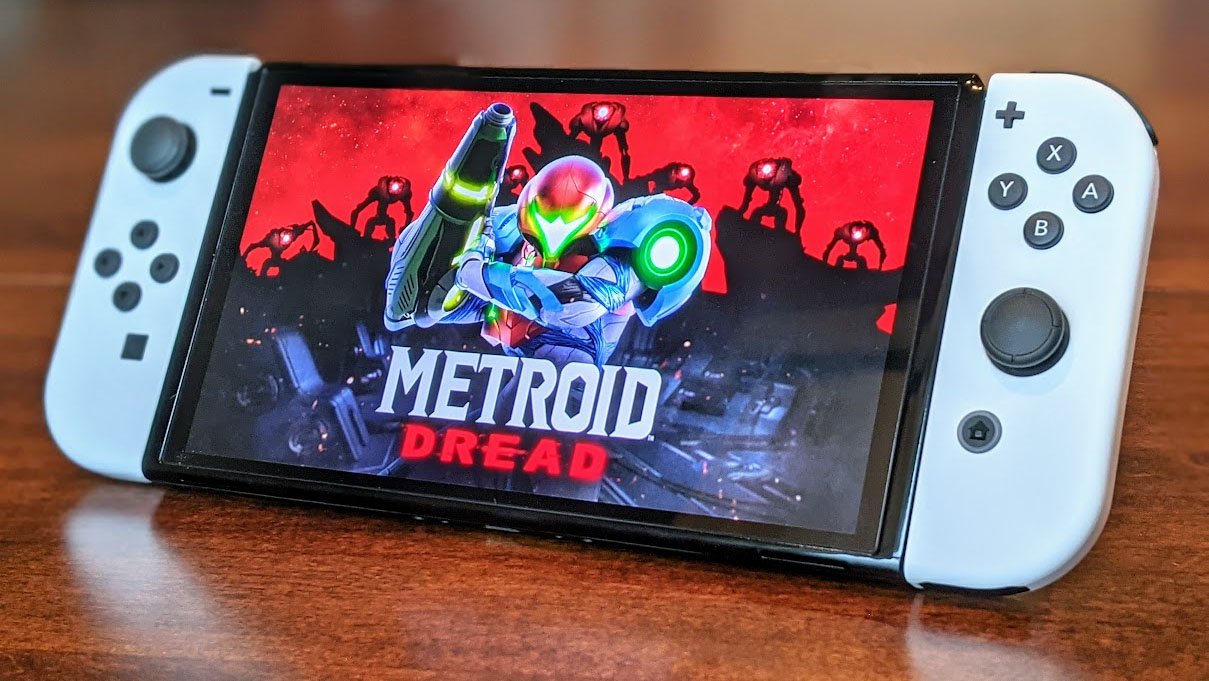
Things move through various phases and cycles, whether you're talking about economies, fashion trends, or video games. As technology advances, game developers find new ways to improve their art form, which isn't limited to just graphics. Game design has shifted and fallen into various genres, and developers have found ways to make controllers and peripherals innovative and fitting for the games they control.
Nintendo is known for its innovation, taking the world by storm with the Nintendo Switch in 2017, one of the first truly successful hybrid consoles. Not only could you hook it up to your TV, but you could take console-quality games with you on the go. However, it's been over five years since release, and I can't help but wonder whether it's overstaying its welcome.
An aging system
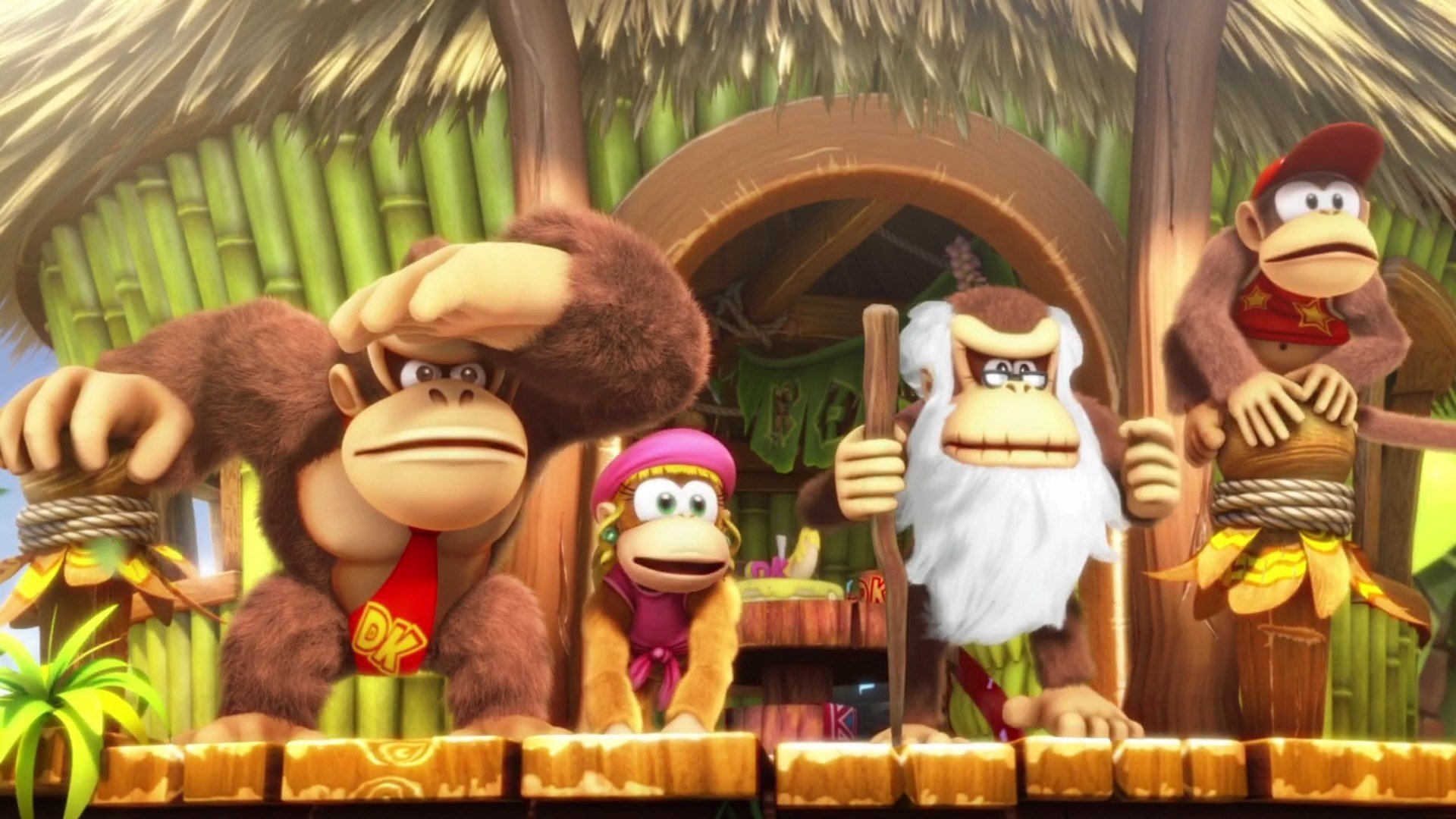
When the Nintendo Wii U was released, a lot of people didn't know what to make of it. Many were confused, mistakenly thinking that the Wii U was not a sequel to the Wii but that the Wii U Game Pad was merely a tablet add-on. For those in that camp, the Wii U seemed like an expensive and unnecessary purchase since the majority of Wii owners used it for more casual games like Wii Fit and Just Dance. The poor marketing, compounded by the difficulty in developing for the system, caused it to be a commercial failure. Things got so bad that the company's late president, Satoru Iwata, opted to take a 50% pay cut in order to avoid employees being laid off.
The Nintendo Switch really turned things around for the company, taking what made the Wii U fun and enhancing it to create a hybrid console.
The Nintendo Switch really turned things around, taking what make the Wii U fun — a wireless Gamepad untethered from the TV — and enhancing it to create a hybrid console that can be played both docked to a TV and on the go in handheld mode. Nintendo has almost always had a presence in handhelds from the time it began to focus on video games, so making its newest system a hybrid allowed it to capitalize on both markets.
Nintendo's consoles have an average life cycle of 5.6 years, with the longest being seven years between the Nintendo Entertainment System (NES) and the Super Nintendo Entertainment System (SNES). Consoles typically stay around for much longer than half a decade, yet Nintendo keeps insisting that Switch is in the "middle of its life cycle." This year marks five years after the Nintendo Switch's launch in March 2017, meaning that if it were truly in the middle of its life cycle, it'd be 2027 by the time Nintendo will be onto the next thing.
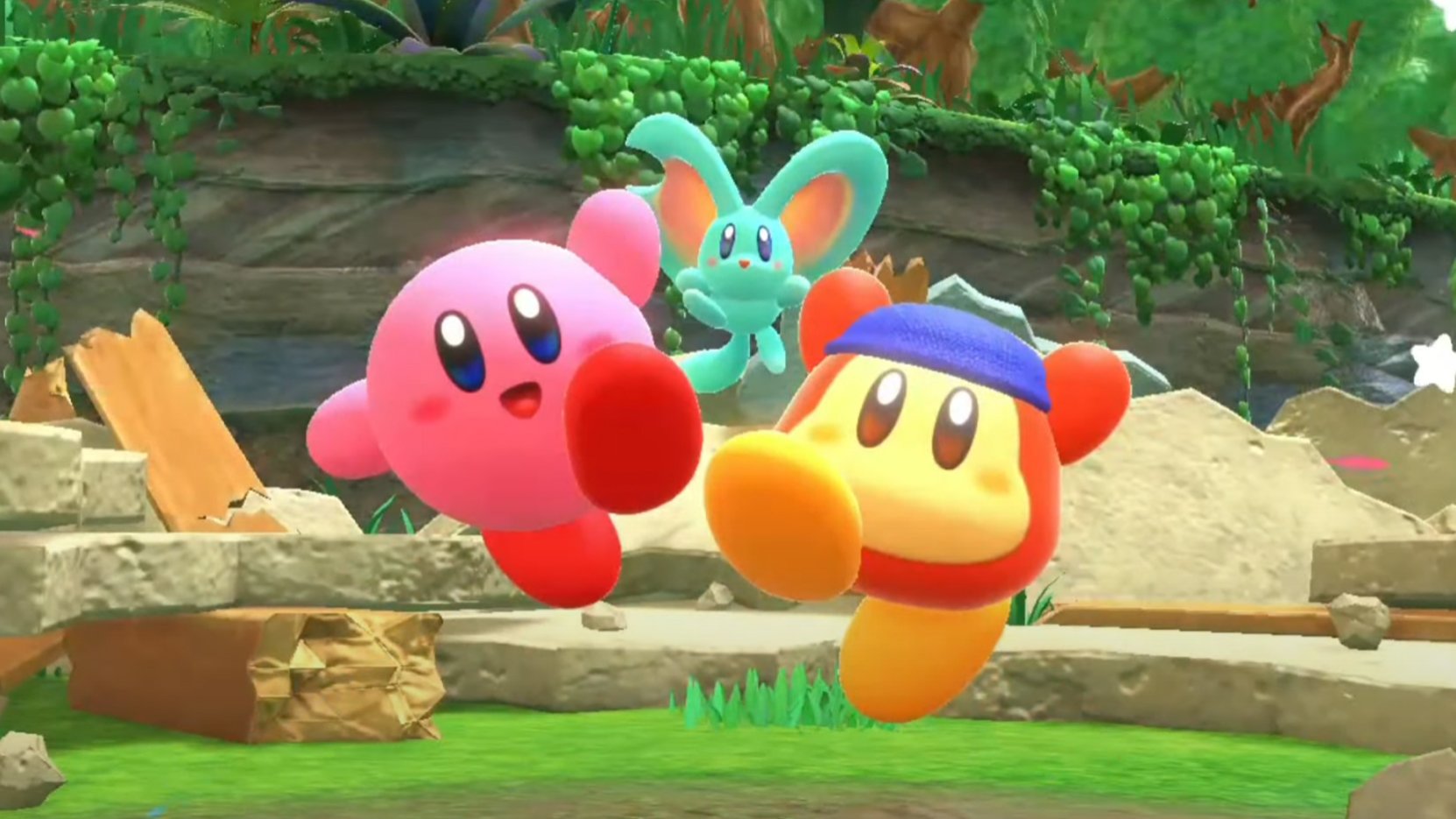
Given that the console already launched on aged hardware, I wonder whether this declaration is wise. The Legend of Zelda: Breath of the Wild, a game initially developed for the Wii U, ended up suffering from performance issues in denser areas like Korok Forest, and even newer games developed specifically for the Switch like Kirby and the Forgotten Land have some draw distance and performance issues. For third-party games like Hitman and Kingdom Hearts, the only way to play them on the Switch is via Cloud versions. The Switch would simply implode trying to run modern games that Nintendo didn't personally develop.
I won't pretend to be an insider with regards to game development. A lot of "simple" solutions we may be able to provide from the outside are probably not that simple in practice. I do wonder, however, whether the decision to prolong the system's life cycle had anything to do with the on-going worldwide chip shortage.
Master your iPhone in minutes
iMore offers spot-on advice and guidance from our team of experts, with decades of Apple device experience to lean on. Learn more with iMore!
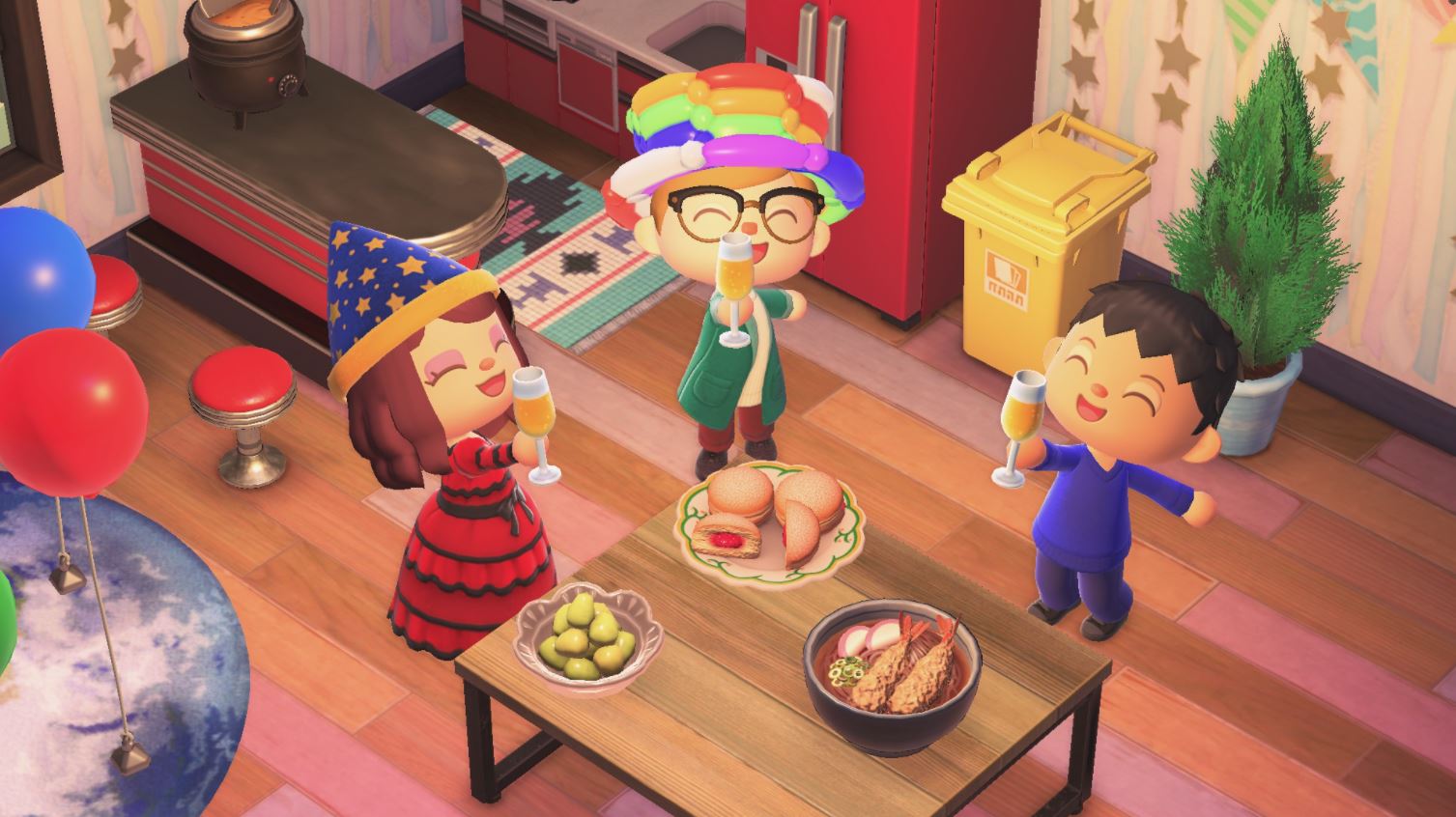
The PlayStation 5 and Xbox Series X|S struggled during their respective launches because the demand was far more than suppliers could meet, and consumers pivoted towards the Switch because it was the video game console that was available (plus the release of Animal Crossing: New Horizons during a pandemic had a lot of people looking to buy one). After six years of struggling with the Wii U, it wouldn't look too great for Nintendo if gaming fans ended up purchasing an Xbox Series S for under $300 because it was just too difficult to get the newest Nintendo console.
Nintendo really hit the jackpot with the Switch, which sold more than even the iconic Wii. Animal Crossing: New Horizons was a huge driving seller in 2020 when the pandemic began, accounting for a large percentage of the company's sales in fiscal year FY21, lasting from April 2020 to March 2021.
I say all this to say that the Switch is doing pretty well for itself right now. The Pokémon Company even reported its most profitable year in 2022, so it makes sense for Nintendo to continue selling the console. After all, who knows how many potential Switch players they'd lose by shutting the party down during its peak? Business is business, and if it ain't broke...
Crying in 4K
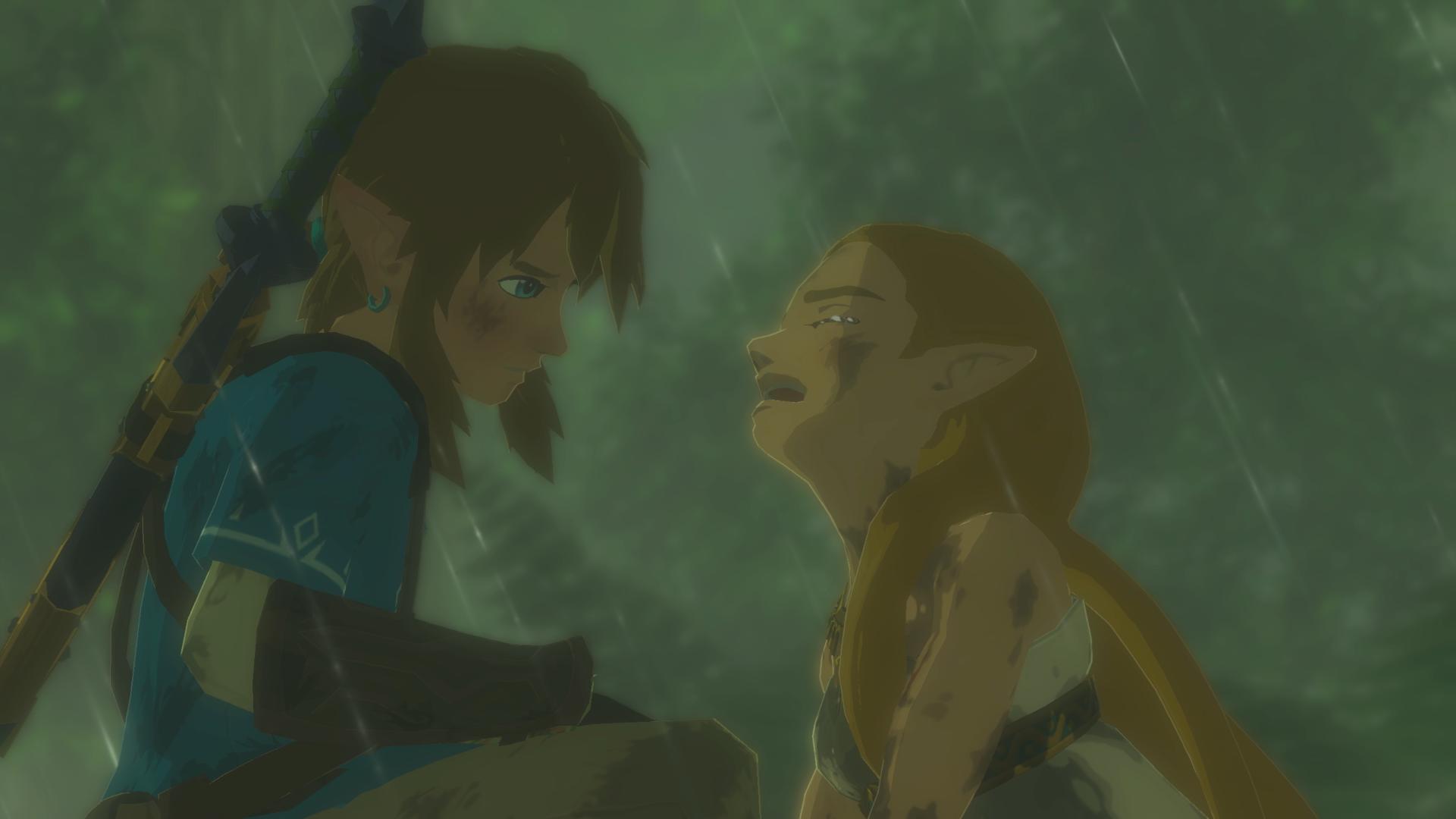
Some things are eternal — life evolving, the movement of the hands on your watch half an hour before you clock out, and rumors that a Nintendo Switch Pro with 4K compatibility will be announced at the next Nintendo Direct. (Bro, I promise, my uncle works at Nintendo!)
Nintendo has a history of releasing "mid-cycle" overhauls of their hardware. We saw it with the GameBoy Color, the Nintendo DS Lite and DSi, and the Wii Family Edition and Wii Mini. Fans expected the rumored 4K "Nintendo Switch Pro" to be similar in that it would play all original Nintendo Switch games while improving things enough to have Switch Pro exclusive games. There were also rumors of a "Switch mini," which ended up becoming the Nintendo Switch Lite.
Every few months or so, Switch Pro rumors appear with concepts like 4K resolution when docked, DLSS performance, a more powerful processor and GPU, an OLED screen, and improved storage.
What happened instead was the release of the Nintendo Switch OLED model, which offered 64GB of internal storage, an OLED screen, a LAN port built in to the dock, and enhanced audio in handheld mode. It was a minor upgrade, akin to the DS Lite, and disappointed some. After all, why market a minor upgrade when the issue of Joy-Con drift is still an issue? Switch Pro rumors continued to persist, though, and it rasied the question of whether the OLED model was worth it if a Pro model is on the way.
I can understand why some people are hesitant to even purchase a Switch to play the sequel to The Legend of Zelda: Breath of the Wild.
With all the rumors of a new console, the Nintendo Switch being at an age where most console life cycles would be wrapping up, and the sequel to Breath of the Wild being delayed to 2023, I can understand why some people are hesitant to even purchase a Switch to play the sequel to The Legend of Zelda: Breath of the Wild. Every time the 4K Switch Pro rumor makes its rounds, I see Reddit filled with questions asking whether it makes sense to buy a Switch now or wait until its successor is announced to make a decision — what if it becomes a double release like Twilight Princess or Breath of the Wild was?
Furthermore, is the Nintendo Switch even the best console for Breath of the Wild's sequel? Breath of the Wild already had performance issues, and Nintendo plans to expand the explorable Hyrule to the sky in the upcoming entry. I worry for how well the game will run on a console that was already outdated at launch, and is also haunted by prevalent issues like Joy-Con drift.
There's no telling when the next console will release. Nintendo's President Shuntarō Furukawa declined to comment on whether the company plans to release new hardware. Furukawa also mentioned that the company is still focused on a successor and wish to "build relationships" with consumers through IP outside of games and Nintendo accounts. Does that mean it wants to create a "third pillar" console, like it claimed to be doing with the Nintendo DS? For anyone looking to buy a Nintendo console for Zelda, the whole situation seems confusing.
As for what analysts are saying, Piers Harding-Rolls believes that the successor to the Nintendo Switch will come in 2024.
What's next?
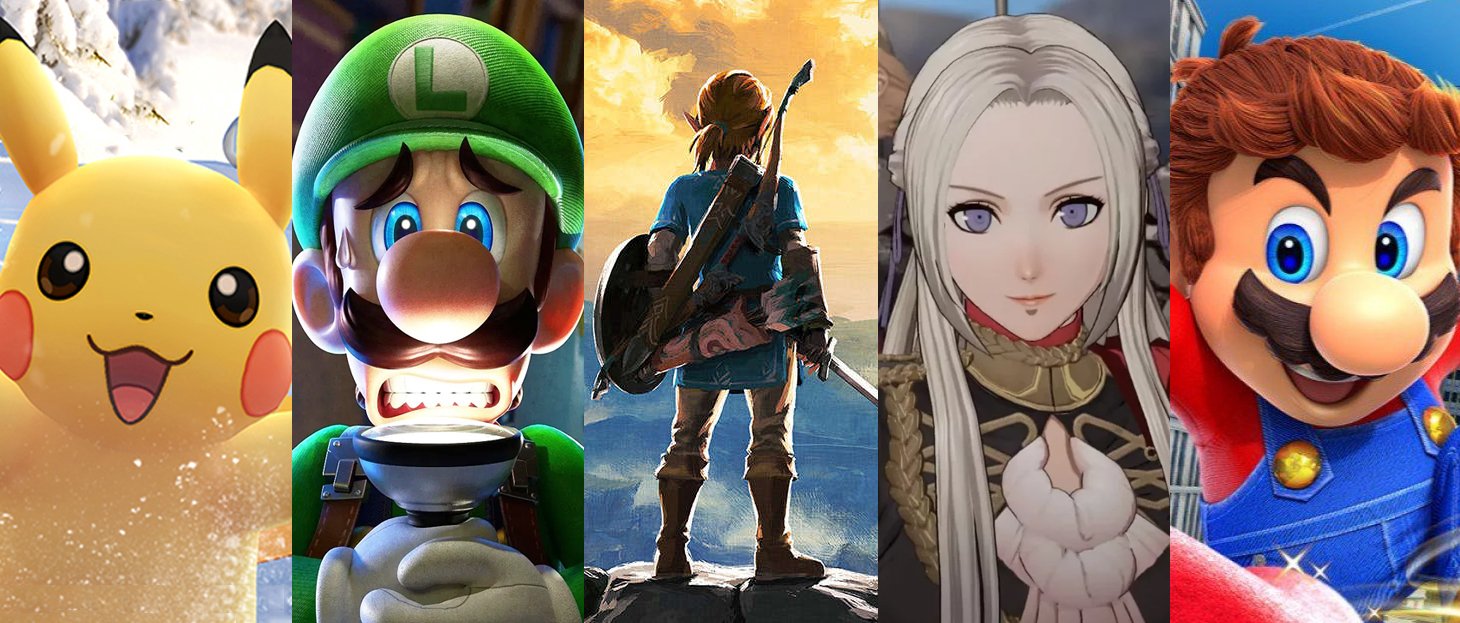
At the very least, it seems like Nintendo is thinking ahead. Furukawa has mentioned wanting a "smooth transition" to Nintendo's next console, and that its next step in hardware is a "major focus" for the company. He said the following about the company's next steps:
The question of whether we will be able to just as smoothly transition from the Nintendo Switch to the next generation of hardware is a major focus for us. Based on our experiences with the Wii, Nintendo DS, and other hardware, it is very clear that one of the major obstacles is how to easily transition from one hardware to the next.
The Wii U's failure seemingly struck fear into the hearts of Nintendo's executives. The company is known for centering its consoles and games around a specific gimmick — the Nintendo DS had dual screens with a touch screen, the Wii had motion controls, for example. Whatever new gimmick Nintendo decides to implement with its new console, it needs to be a good one. They're only one generation removed from the Wii U and while Nintendo long since recouperated its losses from it, there's no telling how another poorly received console would affect the company.
With the advent of cloud streaming for third-party games on the system, it's clear Nintendo wants these popular multi-platform games for its own, but knows that it can't support them on the hardware currently offered. Whatever the company does next needs to be more powerful, even if affordability gets sacrificed a bit. With so many old and new gaming fans pouring into Nintendo's ecosystem this generation, it's not too far fetched to expect that they'd be willing to pay a bit more so they can play Kingdom Hearts without connecting to the internet.
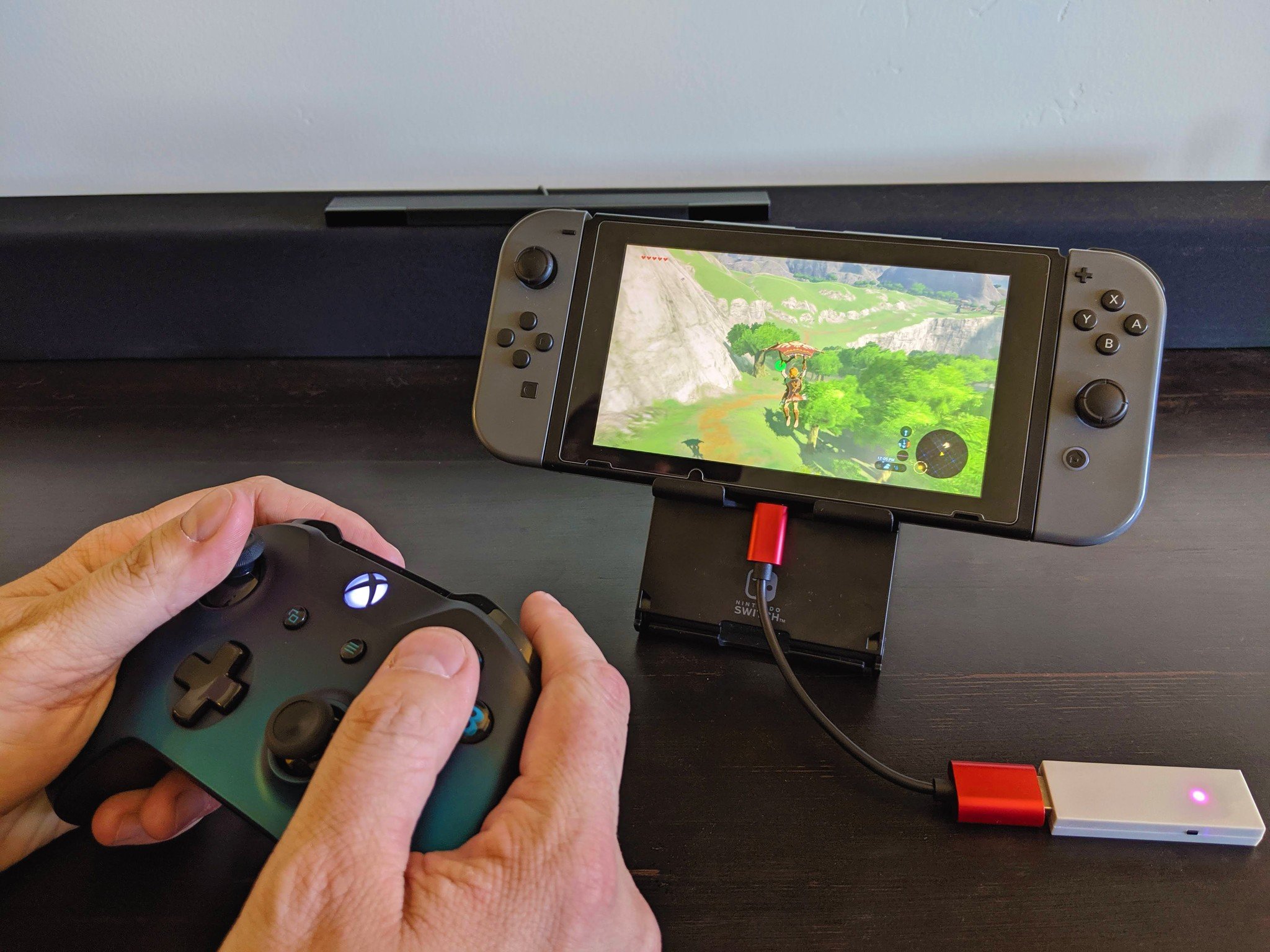
There's also the question of how Nintendo will address The Handheld Problem. The Nintendo Switch consolidated both handheld and console budgets and teams into one space, but choosing to stick with either the handheld or home console market would be folly. There is always a market for handhelds that are both affordable and offer fun games, and alternatives like the Steam Deck certainly are not accessible. Even consoles like the Analogue Pocket and the Playdate are popular, emulating the Nintendo magic of the video game handheld.
For many players, Nintendo consoles often serve as "secondary" systems, contributing to diverse experiences for gamers. To relinquish the console market would affect a lot of that demographic, but if I had to pick one area to give up, I'd probably pick consoles, as much as it hurts.
Nintendo has stated its desire to foster relationships with consumers outside of traditional console games, presumably through mobile gaming and its ventures into the film and theme park industries. I think back to the company's mobile gaming endeavours, which didn't really line up with the company's vision. Nobody wanted to pay for Super Mario Run, but games like Animal Crossing: Pocket Camp took its monetization to an exploitative level in a matter of months. Even games like Dragalia Lost ended up being shut down eventually, and that was a new IP. Theme parks seem more up Nintendo's alley and I have mixed feelings regarding the upcoming Mario movie's cast, but whatever its plans are, I hope the games don't suffer as a result.
A murky crystal ball
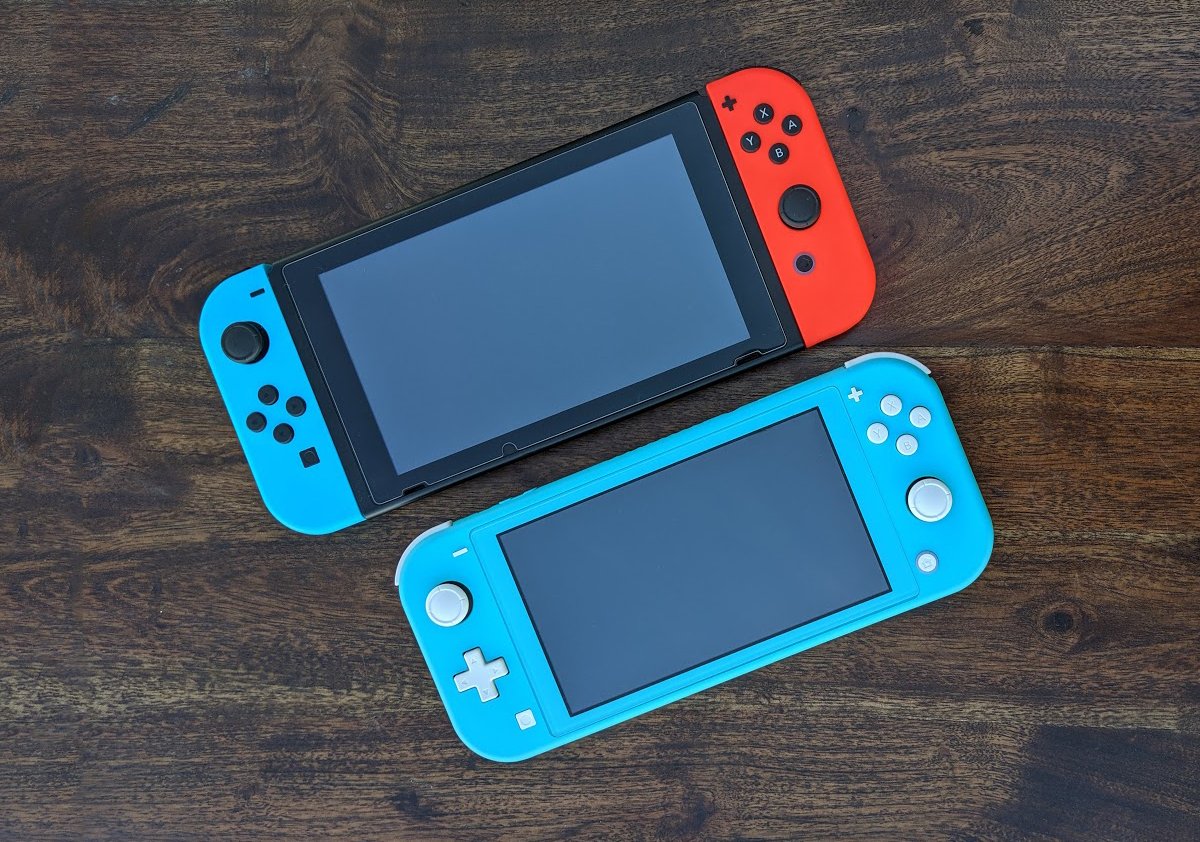
Change is scary. I love my Switch the same way I loved my 3DS, but I do know we have to move on eventually. And while I can understand potential reasons to hold on to the Switch — chip shortages and stellar hardware and software sales, to name a few — I also fear that the console's age will end up holding it back. I'd love to recommend the Nintendo Switch to those who haven't been able to pick one up until now, but when I think about how uncertain its future is, I'm tempted to hold back.

Nadine is a freelance writer for iMore with a specialty in all things Nintendo, often working on news, guides, reviews, and editorials. She's been a huge Nintendo fan ever since she got to pet her very own Nintendog, and enjoys looking at Nintendo's place in the video game industry. Writing is her passion, but she mostly does it so that she can pay off her ever-growing debt to Tom Nook. Her favorite genres are simulation games, rhythm games, visual novels, and platformers. You can find her at @stopthenadness on Twitter, where she'll more than likely be reposting cute Animal Crossing content.
